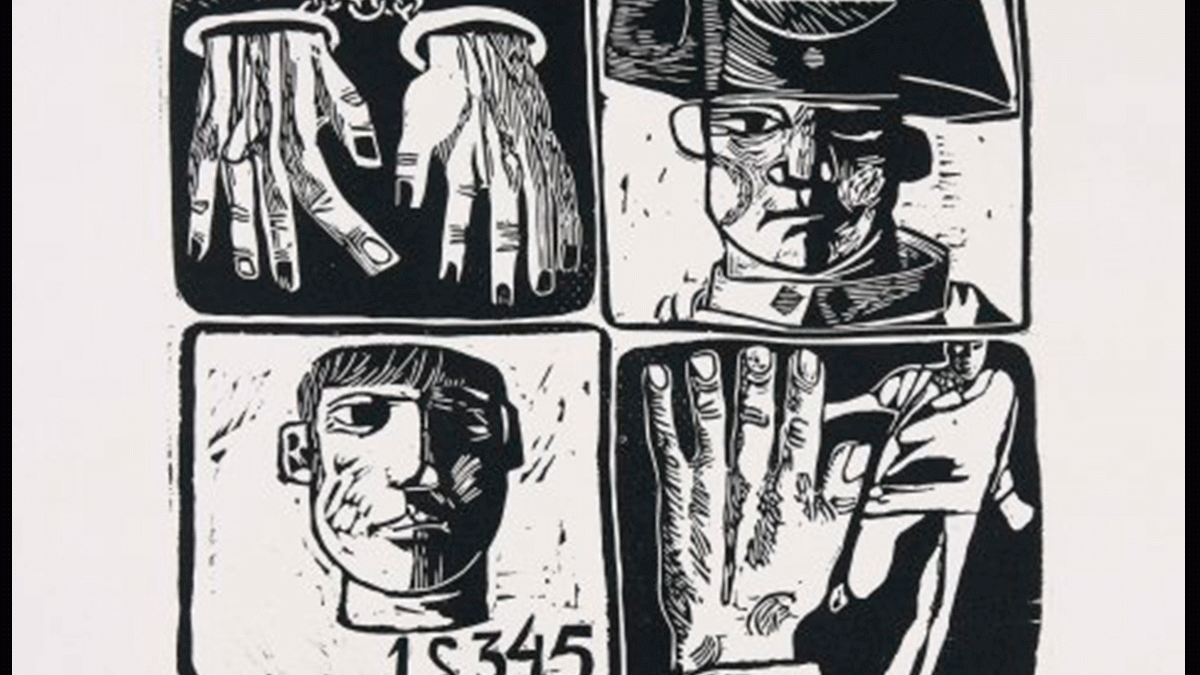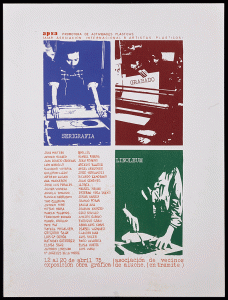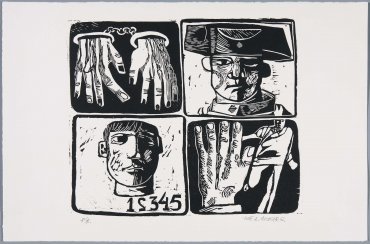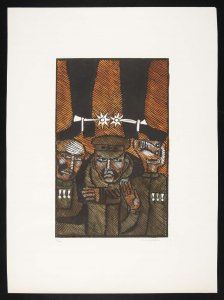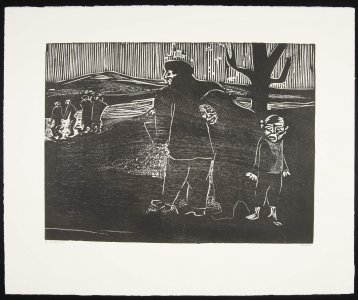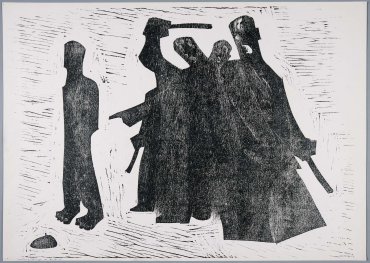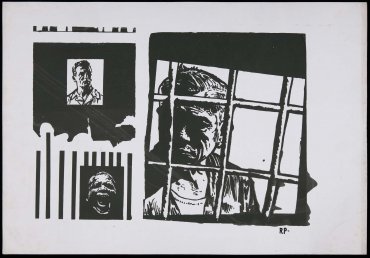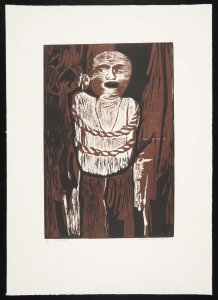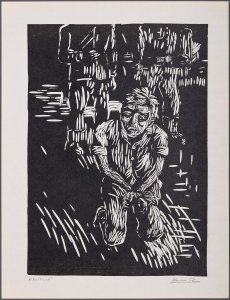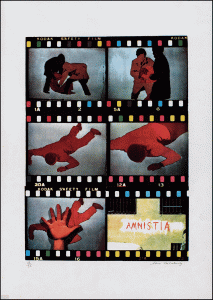
Repression and the Underground
Credits
Helena Lumbreras, Spagna 68 (Today Is Bad, But Tomorrow Is Mine), 1968, Courtesy of the Filmoteca de Cataluña Archive.
The Ruedo Ibérico Publishing House
In 1961, five Spanish refugees founded Ruedo Ibérico, and editorial project located in Paris that was profoundly political, intellectual and libertarian. Far from the suffocating censorship policies ratified in Franco’s Spain, the publishing company became a platform for anti-Franco thought and resistance. Through the value it placed on the transformative power and potential of the written word, the Ruedo Ibérico magazine became an important “arena” for developing political opposition to the regime. Its books, moreover, played a key role in establishing alternative historical narratives on the Spanish Civil War, the Franco regime and the shifting realities of Europe within the volatile context of the 1960s.
related works

